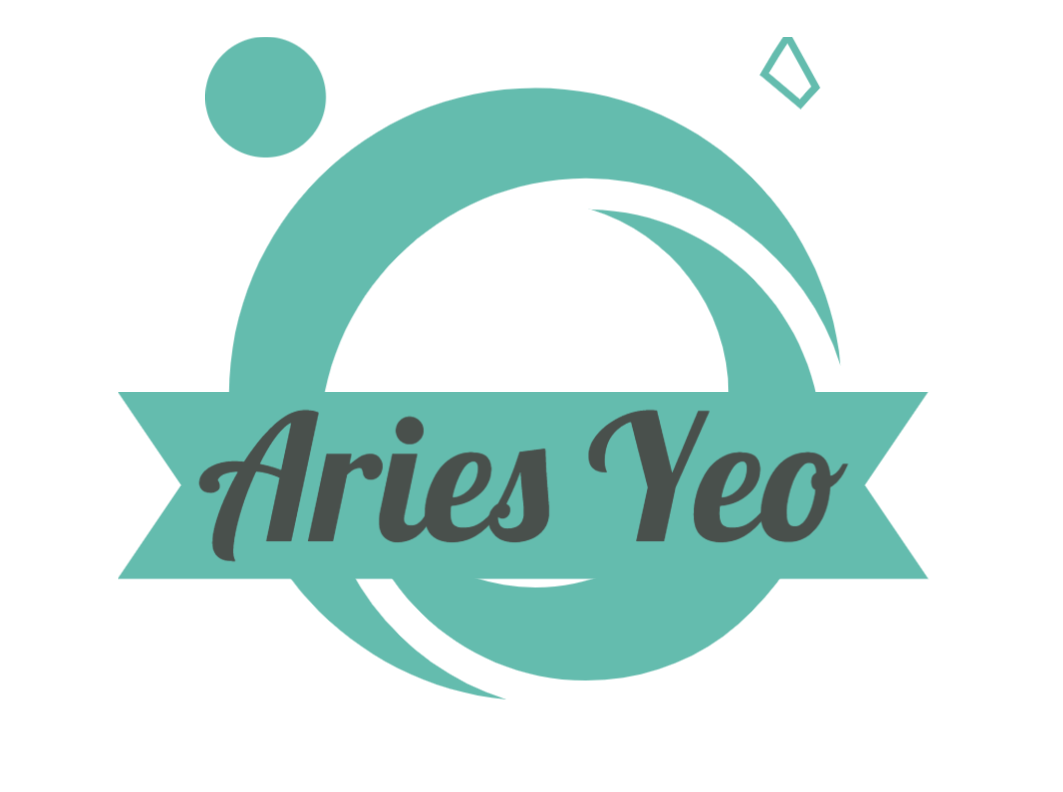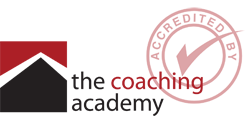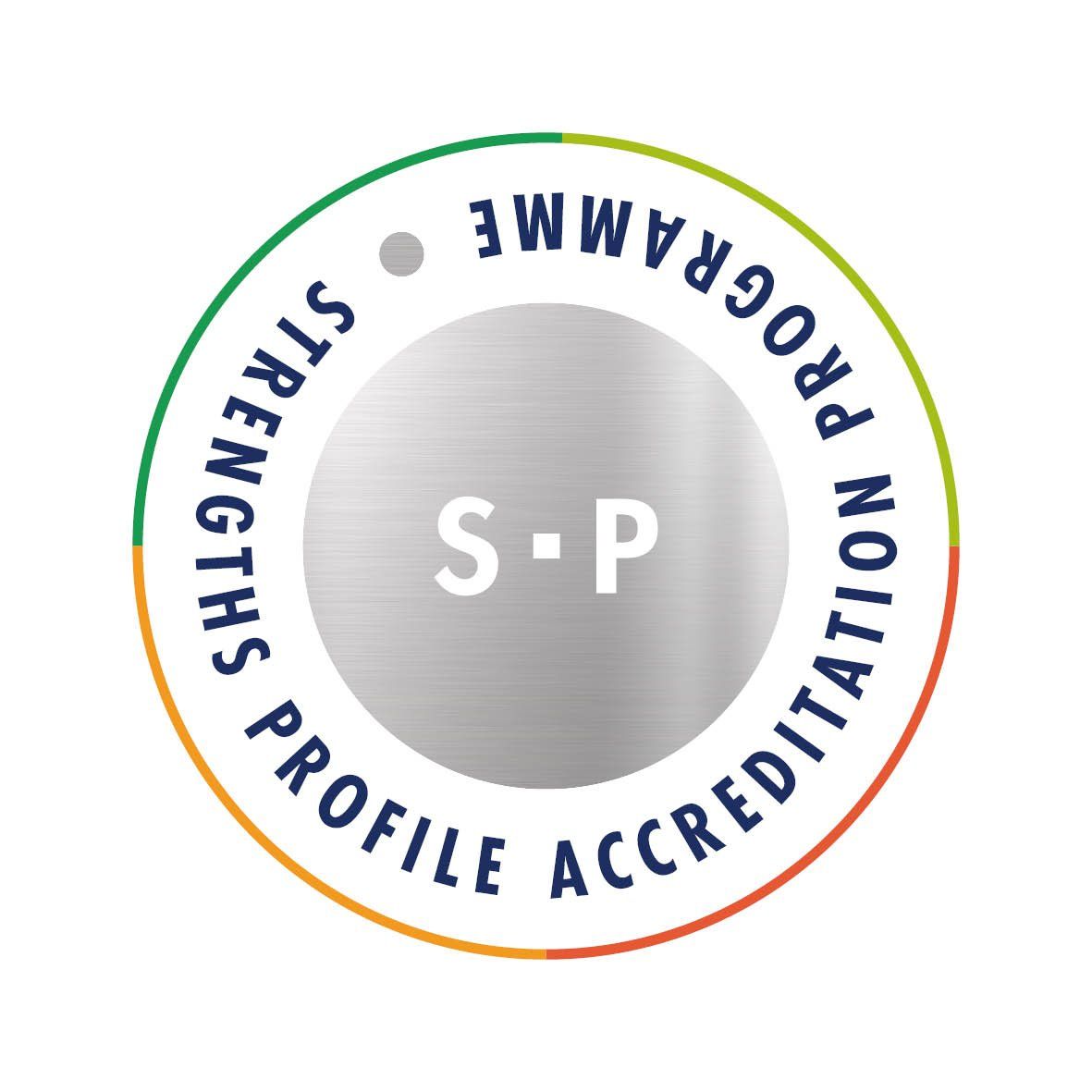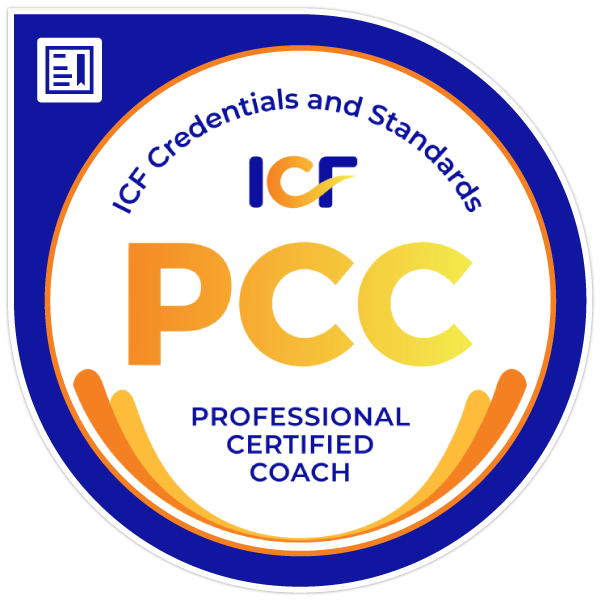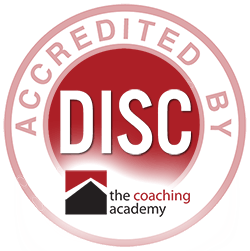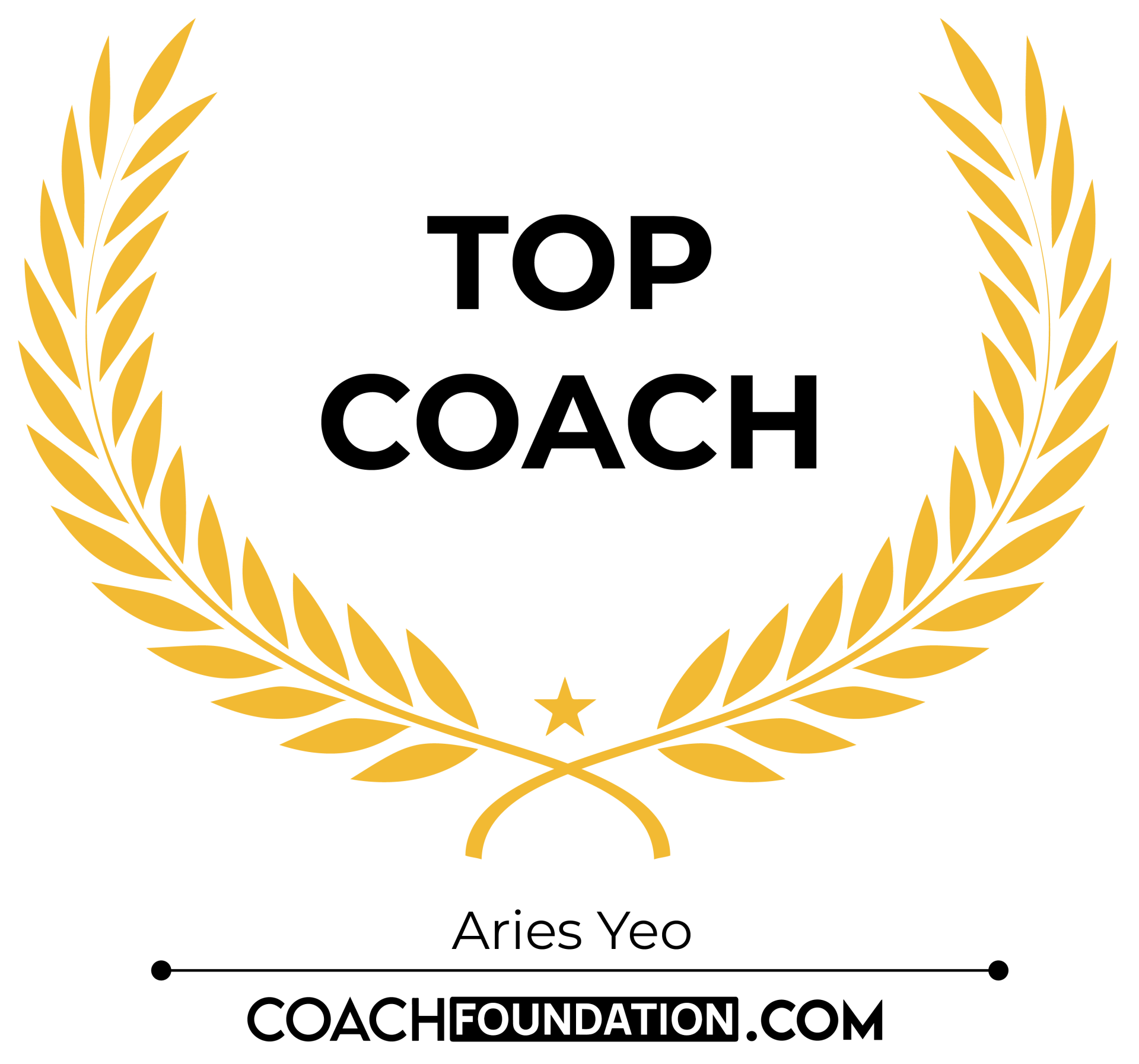The Paradox of Success
An Executive Coach's Year-End Reflection

As I sit down to pen this year-end reflection, a sense of irony washes over me. For nearly six years, I've been the go-to executive coach for countless high-powered professionals, guiding them to new heights in their careers. Yet, as another year draws to a close, I find myself grappling with an uncomfortable truth: despite my success in elevating others, I'm still reliant on external platforms to connect with clients.
The Journey So Far
My journey into executive coaching began almost six years ago when I took the leap from a comfortable corporate role into the world of entrepreneurship. Armed with years of corporate experience and a passion for helping others to reach their potential, I dove headfirst into this new chapter of my life.
Over the years, I've had the privilege of working with an impressive array of executives across various industries. From tech startups to Fortune 500 companies, I've guided leaders through challenging transitions, helped them refine their management styles, and supported them in achieving their career goals.
The results have been nothing short of remarkable. I've watched with pride as my clients have secured promotions, successfully led major organizational changes, and significantly increased their earning potential. Their success stories have been a testament to the effectiveness of our work together.
The Realization
Yet, as I reflect on my own journey, a stark realization has begun to set in. Despite the positive impact I've had on my clients' careers and the subsequent boost to their financial success, I find myself in a paradoxical situation. I, the coach who helps others climb the ladder of success, am still relying on external platforms to connect with potential clients.
This dependence on platforms has, at times, left me feeling... well, let's be honest - insulted. Here I am, with years of experience and a track record of success, yet I'm not directly attracting clients through my own brand and network. It's a humbling realization, one that has forced me to confront some uncomfortable truths about my own approach to business and self-promotion.
The Paradox Unpacked
The irony of this situation isn't lost on me. I've spent countless hours partnering executives build their personal brands, helping them in their strategies to network effectively and showcase their value. Yet, when it comes to applying these same principles to my own business, I've fallen short.
But as I reflect deeper, I realize this paradox isn't unique to me. In fact, it's a common thread I've observed in many of my high-achieving clients. Let me share a few examples:
- The Visibility Paradox: I once worked with a CMO who was brilliant at crafting compelling narratives for her company and products. She could captivate an audience of thousands at industry events. Yet, when it came to promoting her own business (when she left the firm), she became surprisingly reticent.
- The Empowerment Contradiction: A senior executive I coached was renowned for her ability to inspire and empower her team. She constantly encouraged her employees to take risks, speak up in meetings, and pursue ambitious projects. However, she struggled with impostor syndrome herself, feeling that she is not good enough as a leader as she did not have the technical knowledge like her subordinates.
- The Growth Mindset Disconnect: Another client, a senior HR executive, was passionate about fostering a culture of continuous learning in her organization. She implemented innovative professional development programs and celebrated employees who pursued new skills. Yet, she often found excuses to postpone her own learning goals, particularly in areas outside her comfort zone.
As I consider these examples alongside my own experience, I'm struck by a profound realization: the skills and mindsets we help others develop are often the very ones we struggle with ourselves. This paradox raises some thought-provoking questions:
- Why is it easier for us to advocate for others than for ourselves?
- How do we reconcile the confidence we project professionally with the self-doubt we may feel personally?
- What beliefs or fears hold us back from fully embodying the principles we espouse?
- How can we bridge the gap between the growth we facilitate for others and our own personal development?
In my case, I've helped countless executive step into the spotlight, encouraging them to share their expertise and build their personal brands. I've guided them through the discomfort of self-promotion and the vulnerability of putting themselves out there. All the while, I've been hiding behind platforms, reluctant to fully step into my own light.
This realization is humbling, and yes, it makes me feel somewhat hypocritical. But it also offers a powerful opportunity for growth. When we acknowledge this paradox, we also open the door to deeper authenticity and more impactful leadership – both for ourselves and for those we guide.
The Cost of Inaction
As I dig deeper into this realization, I can't help but consider the opportunities I might have missed. How many potential clients have I not reached because I've relied solely on platforms? How much more impact could I have had if I had been more proactive in building my own brand and network?
Moreover, I wonder about the message this sends to my clients. Am I truly embodying the principles of growth and self-advocacy that I preach in our sessions? By not fully embracing my own potential, am I inadvertently limiting the example I set for those I coach?
Lessons from Coaching Others
Interestingly, the solution to my dilemma lies in the very advice I've given to countless clients over the years:
- Embrace vulnerability: Share your journey, including the struggles, as it makes you more relatable and authentic.
- Leverage your network: Don't be afraid to reach out and let people know how you can help them.
- Consistently showcase your value: Regularly share insights, success stories, and the tangible results you've helped others achieve.
- Invest in your own growth: Continuously upskill and stay ahead of industry trends.
It's time I start taking my own advice. But beyond these practical steps, perhaps the greatest lesson here is one of compassion. If accomplished leaders and even coaches like myself grapple with these contradictions, it's a testament to the universal nature of these challenges. It reminds us that growth is not a destination but a continual journey, filled with paradoxes and learning opportunities.
The Path Forward
As I look to the future, I'm committed to transforming this realization into action. Using my January workshop teaching on myself and 5 keys as below:
- Develop a strong personal brand: I'll invest time in creating content that showcases my expertise and unique approach to executive coaching. This includes sharing my own struggles and growth journey, embracing the very vulnerability I encourage in my clients.
- Build a direct client acquisition strategy: This includes networking, speaking engagements, and leveraging my existing client relationships for referrals. I'll push myself to be as proactive in promoting my own services as I encourage my clients to be in their careers.
- Embrace self-promotion: I'll work on overcoming my reluctance to "toot my own horn" and start confidently sharing my successes and capabilities. This means reframing self-promotion not as bragging, but as a way to reach and help more people.
- Diversify my service offerings: I'll explore new ways to package my expertise, perhaps through online courses or group coaching programs. This will include creating content around the common paradoxes in leadership, helping others navigate the same challenges I've faced.
- Practice self-compassion: As I embark on this journey, I'll remember to be kind to myself, acknowledging that facing these challenges is part of the growth process.
Invitation for Connection
If you're a fellow coach, consultant, or professional service provider who resonates with this struggle, I invite you to connect. Let's support each other in building our personal brands and businesses, acknowledging that we're all works in progress.
And if you're an executive grappling with similar paradoxes in your leadership journey, know that you're not alone. I'd be honored to chat and explore how we can turn these challenges into opportunities for growth.
Conclusion
This year-end reflection has been a humbling yet empowering experience. It's reminded me that growth is a continuous journey, even for those of us in the business of facilitating growth for others. Recognizing the shared nature of these struggles has deepened my empathy and reinforced the importance of authenticity in leadership.
As I step into the new year, I do so with renewed purpose and a commitment to practice what I preach. I'm excited to embrace my own paradoxes, learn from my blind spots, and continually strive to be the best version of myself – both for my clients and for my own growth.
What paradoxes have you encountered in your own leadership journey? How have you navigated them?
.
See the world as you want it to be and learn how to make it that way.
All Rights Reserved | Aries Yeo
We use cookies to ensure that we give you the best experience on our website. To learn more, go to the Privacy Page.
